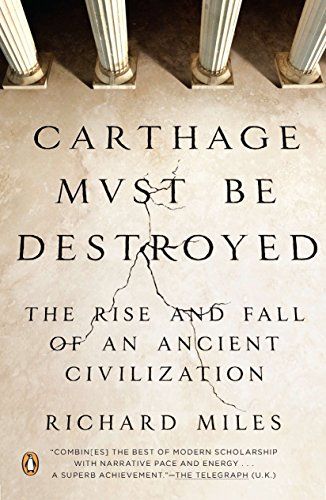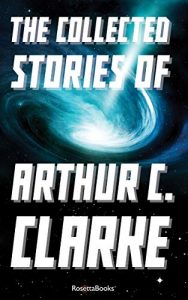
Book Review: Carthage Must be Destroyed by Richard Miles
I fell in love with Greek mythology in the 4th grade, or at least that’s when I remember doing my first book report on a book of Greek mythology. From that naturally followed an interest in Roman mythology, and eventually, the actual histories of Ancient Greece and Rome. That means that for many years, I’ve had a passing knowledge of Carthage, the same as I did of Persia. (For an in-depth history of Persia, I highly recommend Persians: The Age of Great Kings by Lloyd Llewellyn-Jones.) Recently, I came across both Carthage Must be Destroyed by Richard Miles (2012) and the Fall of Civilizations podcast episode on Carthage and the Phoenicians (June 2023).
The audio version of Carthage Must be Destroyed is 14 hours long. The podcast is 3 hours, 40 minutes. For broad strokes and themes, the podcast is fantastic (as are all of the episodes). The book obviously has more time to go in-depth, and much of that is spent on the various military campaigns – specifically Carthage’s history on the island of Sicily and its relationship with Syracuse, and then the Punic wars, focusing heavily on Hannibal and his march from Spain to Rome. And my history-focused brain found that all super fascinating.
But Miles also spoke to my mythology-loving heart. While he did not spend nearly as much time on it as he did the military history, he covered the founding myths of both Carthage and Rome, how they became intertwined over the years, and in the end, how Rome used those myths to explain and justify its complicated history with Carthage.
To us, the Aeneid is as much established mythology as the Illiad or the Odyssey. But Virgil wrote the Aeneid over 100 years after Rome destroyed Carthage, during the reign of Octavian/Augustus, while Carthage was being rebuilt.
Virgil was the first to create a romantic relationship between Aeneas, ancestor of Romulus and Remus, and Dido, the queen who founded Carthage. Aeneas was the son of Venus. Dido (and Carthage) were beloved of Juno. Aeneas and Dido’s love was a product of the gods as was their split. In the Aeneid, Aeneas and his men help build Carthage. But Aeneas also earns Dido’s enmity (and is the cause of her suicide) when he later sneaks away to go to Italy. This explains to the Romans of the time why Rome and Carthage were so intertwined, why Rome had to destroy Carthage (a prophecy from Jupiter), and finally, why Rome should rebuild the city that it had determined must be destroyed.
By ending his book with this discussion of the Aeneid, Miles left me not only with a better understanding of the intertwined histories of Rome and Carthage but also the ways in which we build our understanding of history.



